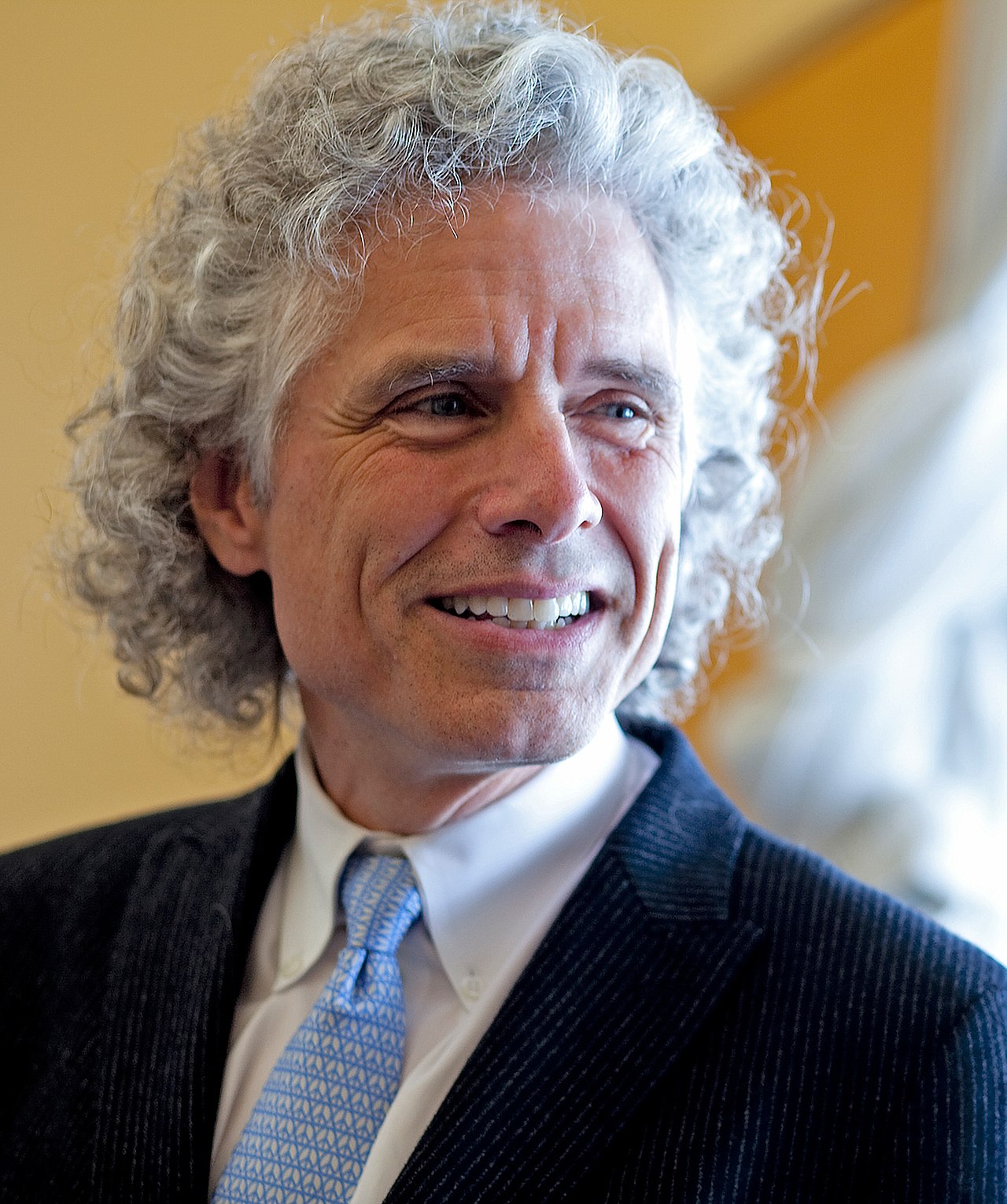Why is it that those who like to use the word "power" in the broadest possible way, seemingly as far as possible from any technical, legal, or governmental sense of the word, are the most adamant in insisting that the words "freedom of speech" should be limited to a strictly legal, governmental sense of the phrase? If they can do the latter with "freedom of speech," do I get to insist that they use the word "power" only to mean "government exercising legal authority"?
Of course they wouldn't accept that, and that's fine — it can be useful to speak of "power" outside the context of government, even if different standards apply. Similarly, it can make sense to talk about "freedom of speech" outside the government context, even if we should apply a stricter standard to governmental interference with speech, and be generally more accepting of other kinds of interference with speech.
Insisting on a clear divide between how we talk about government and how we talk about other stuff can lead to odd results. For instance, you'll hear broad claims that "cancel culture" has nothing to do with the First Amendment, which is binding only on government — but that ignores all the cancellations that are done to government employees, and faculty and students at public universities.
But is cancel culture really that bad? Charles Blow of the New York Times says that cancel culture is really just "free speech." (Walter Olson parodies that idea.)
I agree with the broad argument against cancel culture in the Harper's open letter. And on top of those principled objections, Megan McArdle suggests that cancel culture will have unintended consequences which its perpetrators might not like:
I’ve been hearing from people, center-left as well as center-right, who have moved from astonishment to concern to terror as senior editors were fired for running op-eds written by conservative senators or approving inept headlines; as professors were investigated for offenses such as “reading aloud the words of Martin Luther King”.…
The cancelers aren’t merely trying to expand the range of acceptable ideas so that it includes more marginalized voices. They are pressuring mainstream institutions, which serve as society’s idea curators, to adopt a much narrower definition of “reasonable” opinion. The new rules would exclude the viewpoints of many Americans.
Intellectual monocultures are inherently unhealthy, and the tactics by which the new orthodoxy is being imposed are destructive. But I’m enough of an old-school liberal to think that I have to persuade my opponents, and I doubt they’ll be moved by one more anthem to the glories of open inquiry.
They might, however, consider a few pragmatic problems with imposing their code by Twitter force.
Twitter, with its 280-character limit, is not a medium for making lengthy, nuanced arguments. It’s most effective at signaling the things you can’t say. Consider the ultimate Twitter put-down: Delete your account. That’s especially a problem for institutions that are in the business of making arguments.…
More broadly, this approach is at odds with what makes any institution function as more than a collection of self-supervising individuals. When much of your workforce is worried about summary firing, they put more and more effort into protecting themselves, and less and less effort into advancing the work of the institution. Doubly so when it is fellow employees who are pressing public attacks.…
If you hold those sorts of fights on a public and inherently limited platform, then some part of your audience will inevitably wonder whether the ensuing consensus, such as it is, reflects what people actually think, rather than who they are afraid of.
So achieving victory this way risks damaging the ultimate prize, which is the power those institutions have as institutions, not just algorithmic amplifiers.… It’s that power, not the names on the doors, that lets those institutions establish the boundaries the cancelers are really hoping to control: not just of what people are willing to say in public, but what they are willing to believe.

(Photo by Bronson Abbott, under a Creative Commons license.)
